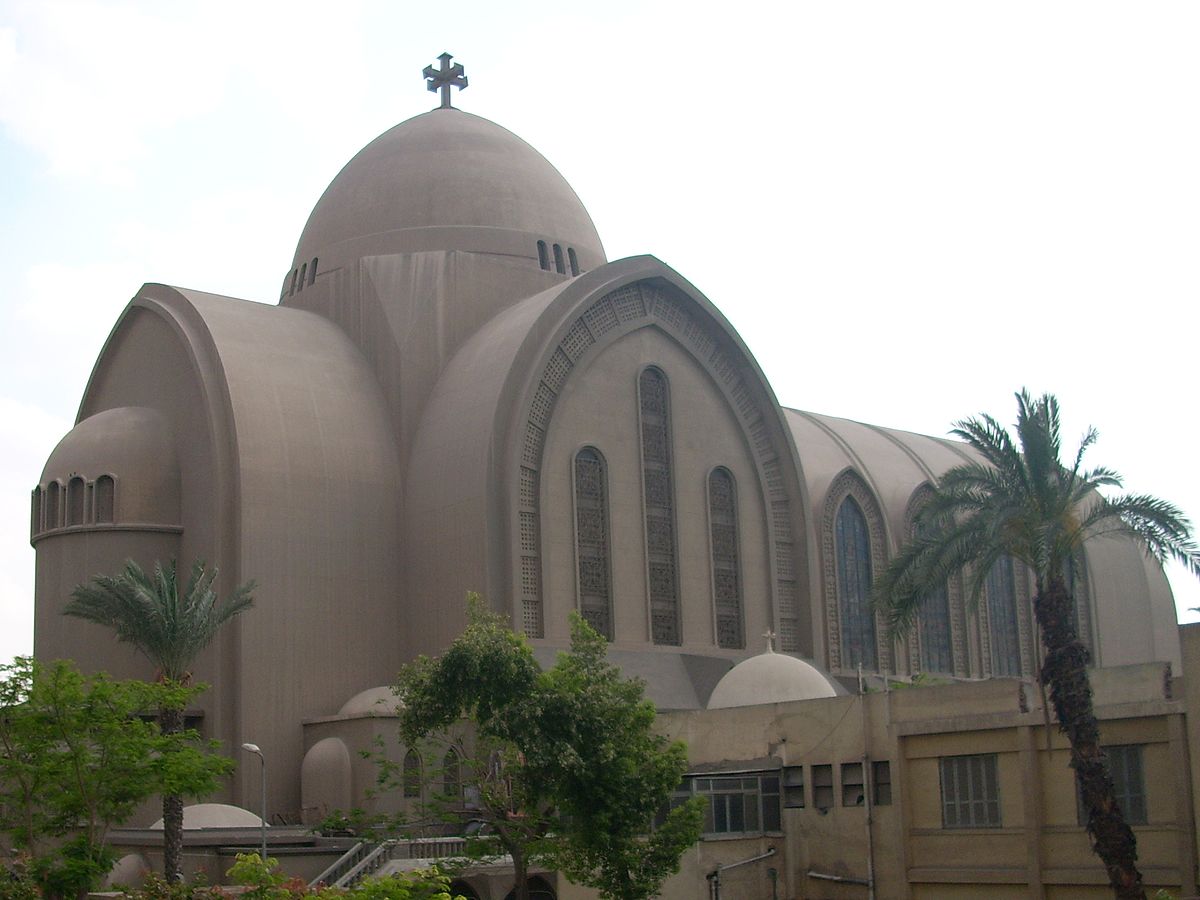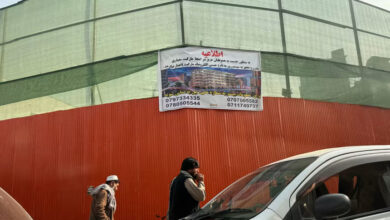“I am an example of corruption. I am the son of this era and the previous eras. My awareness grew with the Nasserist project. I celebrated its victories and tasted the bitterness of its defeats…then I fell with everybody else into a deep hole of apathy…I witnessed the 1970s and manipulated its laws…We are all corrupt…with no exception.”
These are the words Ahmed Zaki confessed before the astounded judges in the courtroom. The famous Egyptian actor was playing a crooked lawyer in the 1992 movie Didd al-Hukuma (Against the Government). Zaki, the lawyer, had acquired a large fortune over the dead bodies of others. After suffering a painful personal experience, he repented and soon became a fierce advocate for human rights. He eventually triumphed over government corruption by winning a crucial verdict, and with it he won back his purity.
Ahmed Zaki’s real life did not have such a happy ending, though. Nor did the lives of many Egyptians from his generation of the 1970s, whom the corrupt lawyer accurately exemplified. Zaki belonged to a generation that was frustrated with Nasser’s failure, and grew resentful under Sadat’s reign, only to end up today either collaborating with Mubarak’s regime or locked in a state of utter apathy. An iconic and ever celebrated actor for the last 40 years, Ahmed Zaki’s shifts in his films represent larger, tragic transformations, the rise and fall of an entire generation.
Ahmed Zaki moved from a radical, dark rebel in the 1970s, to a depoliticized friend of the regime and a winner of its awards in the 2000s.
The 1970s–a decade marked by resentment of the 1967 defeat by Israel and Sadat’s radical departure from Egypt’s socialist past–witnessed a new wave of Egyptian cinema. Films from this period captured the tyranny of Nasser’s military ruling elite, exposing their corruption as the main reason behind the humiliating defeat in 1967. They also condemned Sadat’s “Open Door” policy for bringing back Western domination to a recently liberated country and irrevocably widening the gap between a rising upper class and the poor masses.
Amid this cinematic wave, Ahmed Zaki emerged as an actor and immediately assumed a central position, along with legendary actresses like Su‘ad Housni, scriptwriters like Salah Jahin, and filmmakers like Youssef Chahine. Zaki completely altered the image of the jeune premier from a white, shiny-haired playboy dressed in a suit to a brown, slim, curly-haired villager in a poor soldier’s uniform.
Zaki’s first major part on the silver screen came in the 1978 movie Shafiqa wa Mitwalli, in which Zaki played the unforgettable Mitwalli in this epic folktale. An Upper Egyptian young peasant in the late nineteenth century, Mitwalli is conscripted from his village into the army, leaving behind his only sister. He is relocated to serve as a guard for the construction of the Suez Canal, where he watches thousands of repressed Egyptian laborers facing death due to hunger, thirst, fatigue, and epidemic diseases. He also witnesses corruption on the part of the Turkish elite and the Anglo-French Suez Canal Company in charge of the project. Mitwalli’s political awareness grows as he turns from an oppressed soldier to a rebel. Meanwhile, his sister Shafiqa becomes a prostitute in his absence for the petty bourgeoisie and the large landowners of Upper Egypt. While satisfying their sick desires, Shafiqa also observes the ruling elite’s merciless deeds. Feeling the loss of his “national” honor in the canal and his personal honor in the village, Mitwalli returns to kill his sinful sister.
The events of the movie take place almost a century and a half before it was filmed, but the parallels are clear: Mitwalli symbolizes the marginalized Egyptian classes of the 1970s, who were ruled by a corrupt local elite and economically exploited by the West.
A year later, Zaki played another historical rebel in Iskindiriyya Leh? (Alexandria, Why?). Set in cosmopolitan Alexandria of the World War II, Zaki plays Ibrahim, an educated middle-class activist who gets invovled in a plot to assassinate British colonial officers. Meanwhile, the dark hero falls in love with Sarah, an Ashkenazi Jew and daughter of a great Alexandrian capitalist. The authorities capture Ibrahim and sentence him to 15 years in prison, while Sarah is forced to join her father who flees Alexandria in fear of the Nazis. In the end, Sarah returns to visit Ibrahim in prison, carrying in her arms his new son.
As in Shafiqa wa Mitwalli, Ahmed Zaki’s movie uses history to critique Sadat’s Egypt, staging well-crafted references to the wicked nouveau riche and imperial penetration.
Zaki’s career peaked in the 1980s, a less turbulent period in modern Egyptian history. These years saw Zaki’s masterful performance in Al-Bari’ (The Innocent). In this film, Zaki played another Upper Egyptian solider by the name of Ahmed Sab‘ el-Layl, an illiterate, naïve southerner, who guards a prison for political prisoners in the middle of the desert. El-Layl follows every order to torture, and sometimes kill, prisoners–especially the communists who are considered “infidels and enemies of the country.” Trucks full of university students who participated in the 1977 bread riots are brought to this prison. Among them is el-Layl’s intellectual companion from his home village, whom he refuses to torture. Naturally, el-Layl is punished. In the last scene, which was censored by a mixed military-civilian committee and thus never shown in theaters, el-Layl shoots officers and fellow soldiers at random until he is shot himself as a new truck filled with rioting students arrives.
The year 1992 was a turning point in Zaki’s career and in Egyptian and Arab history.
Many of the changes in this period were precipitated by the Soviet Union’s collapse. In 1992, the US rewarded Egypt for its participation in the Gulf War by rescheduling the country’s debt, but at a high price: full economic liberalization and the elimination of past socialist policies. As a result, thousands of industrial workers lost their jobs due to privatization, and peasants were evicted from their small plots, which were returned to the old aristocracy. Meanwhile, Arabs were just returning from the Madrid Conference where they finally began negotiating peace with Israel.
Throughout rest of the 1990s, Ahmed Zaki played a mix of apathetic and highly superficial characters: a womanizing karate championl a police officer chasing after prostitutes; a handsome driver of a young aristocratic lady who falls in love with and marries him; a poor photographer whose daughter falls in love with a rich young man. Zaki also portrayed Gamal Abdel Nasser in Nasser 56, but managed to do it in the most depoliticized way possible. The movie was little more than a documentary based on nationalistic school textbooks, as it followed Nasser as an anti-imperialist hero, a kindhearted populist, and a good family man.
The year 2000 was another decisive turning point in Zaki’s career: He officially became a state actor. In Ayyam al-Sadat (The Days of Sadat), he played the late president, depicting him as a national idol of independence from British colonialism, a champion of the 1973 victory, and a courageous hero of the 1979 peace with Israel. Zaki’s characterization of Sadat focused on the perfect imitation of his elocution and general habits, and also portrayed him as just, kindhearted, sincerely religious, and a good father and grandfather who only crushed his opponents out of Egypt’s national interests. The movie totally ignored any radical critique that Zaki had posed in the past to this era, and came out as a propaganda piece for the existing regime. It was publicly dedicated to president Mubarak, a man of war and peace. In 2001, Ahmed Zaki received the highest state medal of merit from the president for his role in this movie.
“I am not a man of one political doctrine or another…there is no real revolution anywhere in the world…there is only general stupidity and crushed human beings,” Zaki said hopelessly in an interview late in his life.
A little over a week was the fifth anniversary of Ahmed Zaki’s death. Zaki passed away on 27 March 2005. Two months later, Cairo was simmering with political resentment against the repression of the authoritarian regime. Cairo’s streets were anew filled with unrest, bringing back to life memories of the massive riots of the 1970s. But no new generation of actors has emerged yet in Egyptian cinema to bring back to life Ahmed Zaki’s dark rebel.




